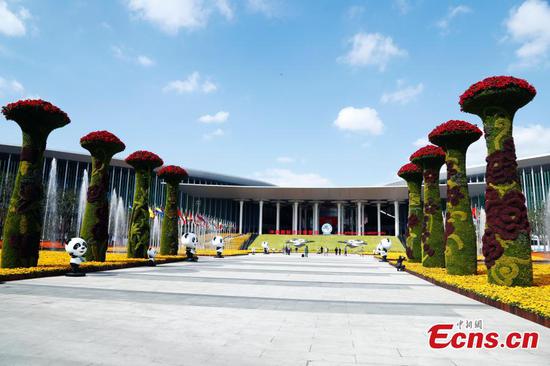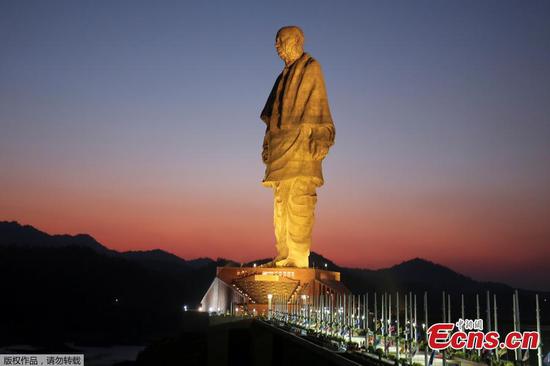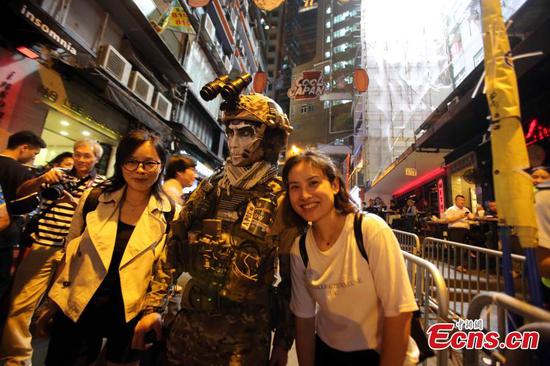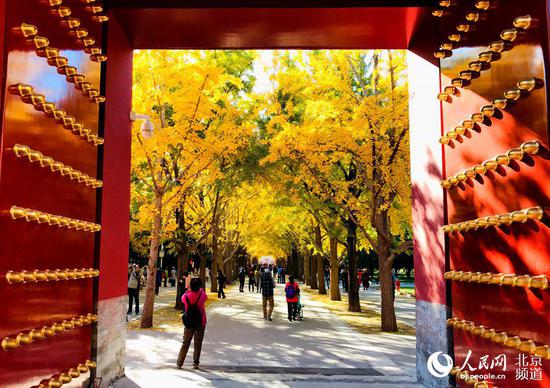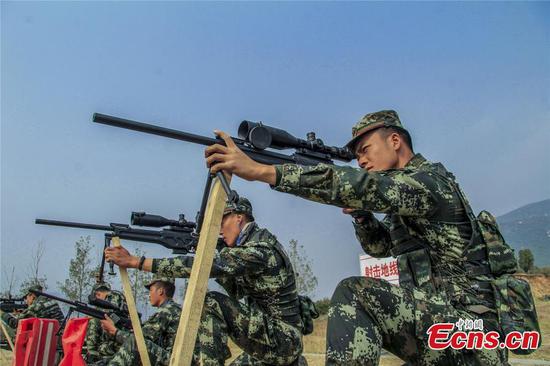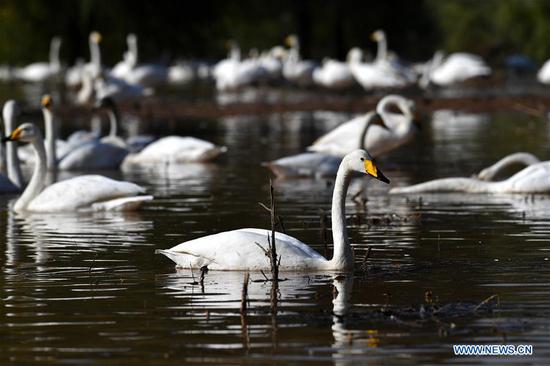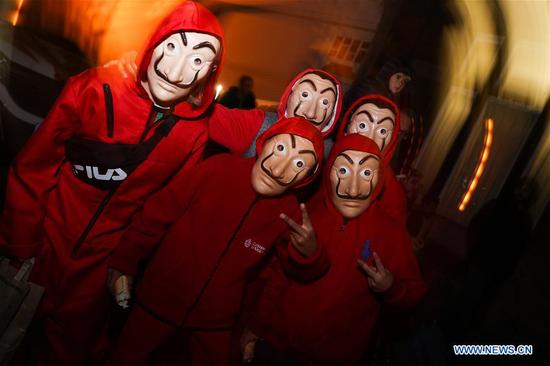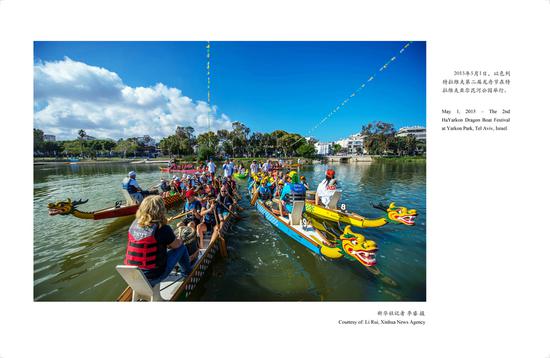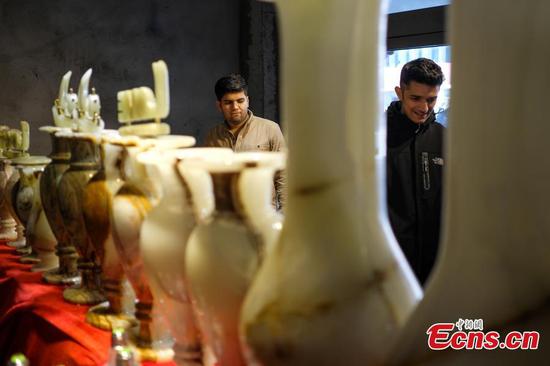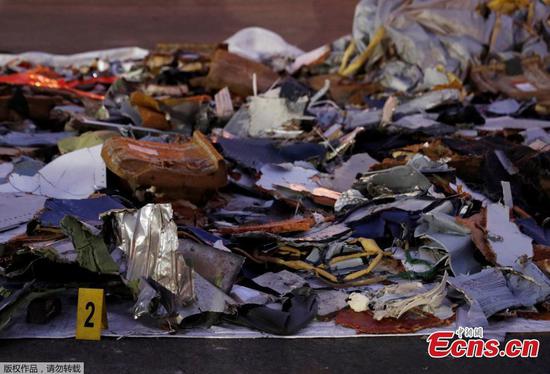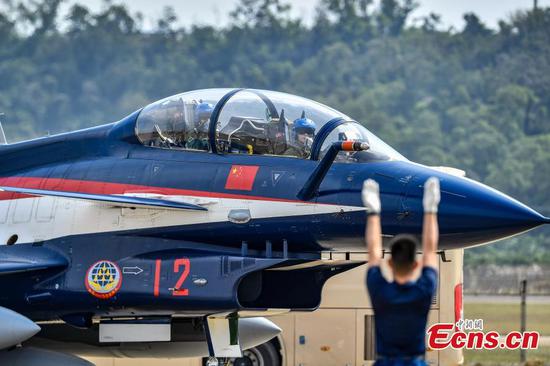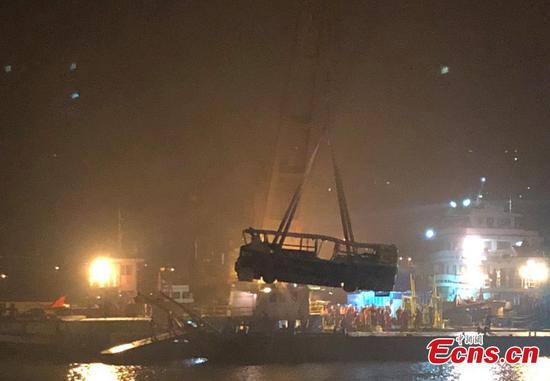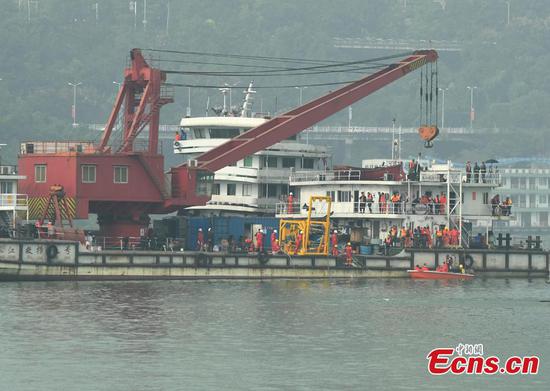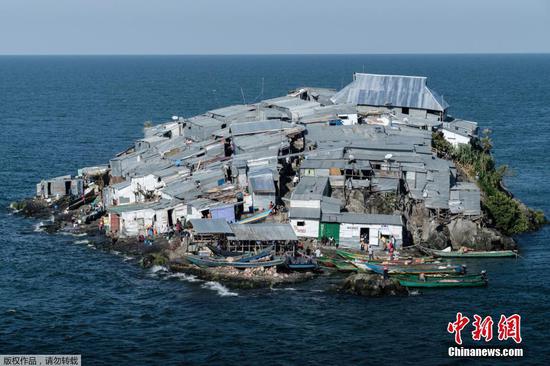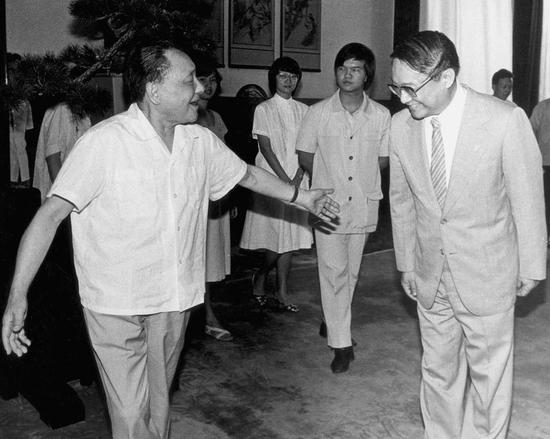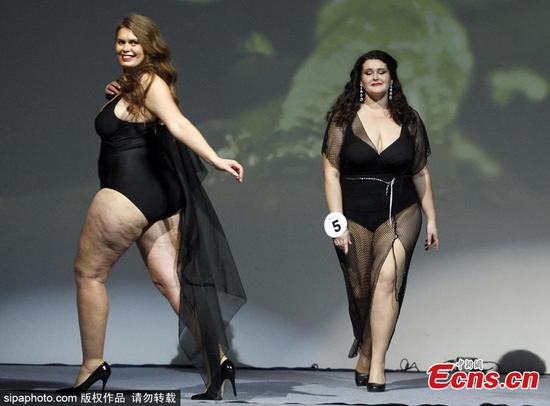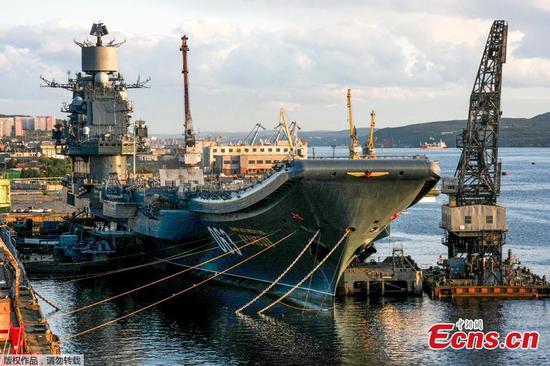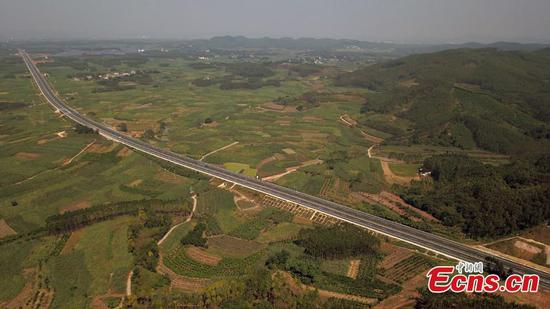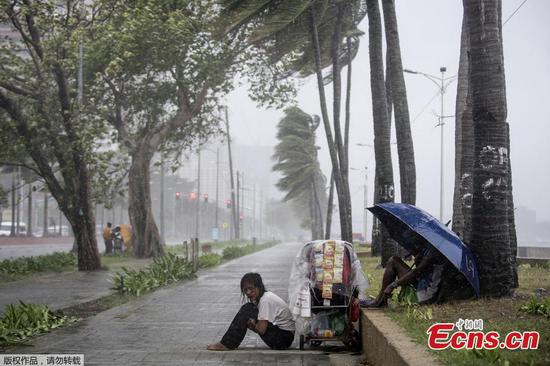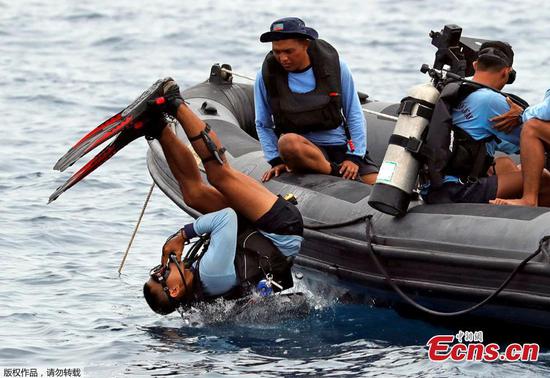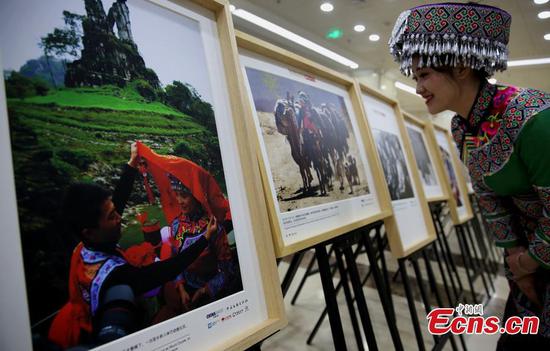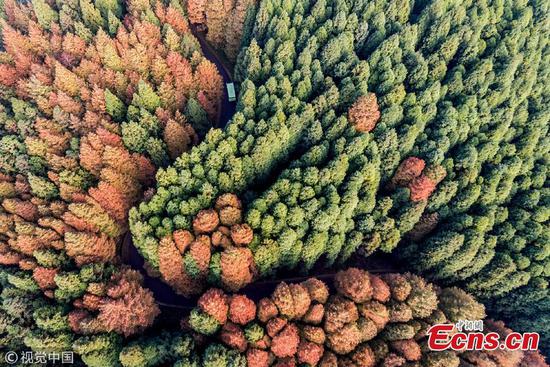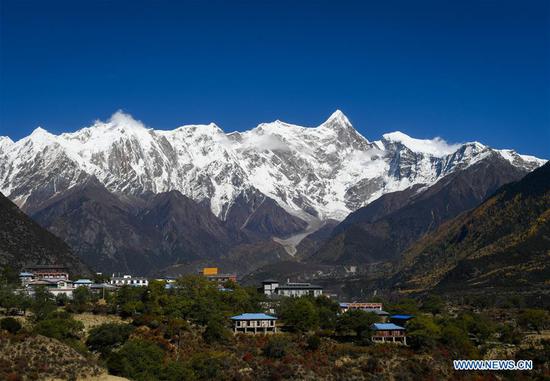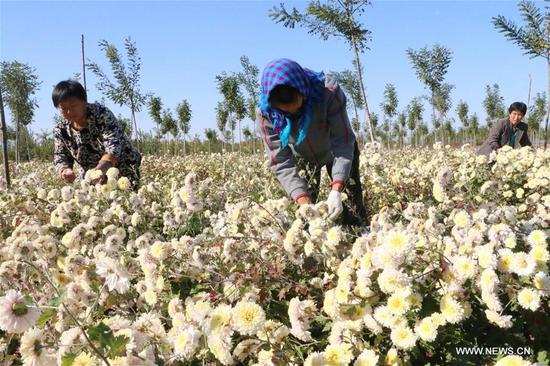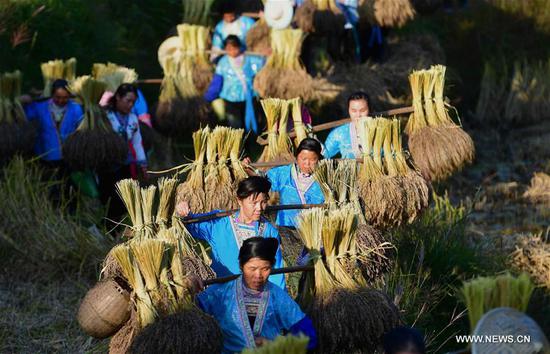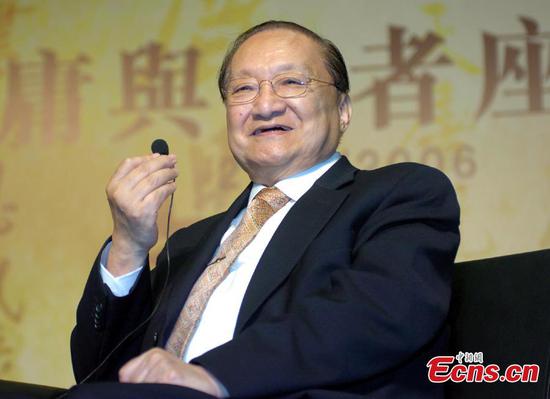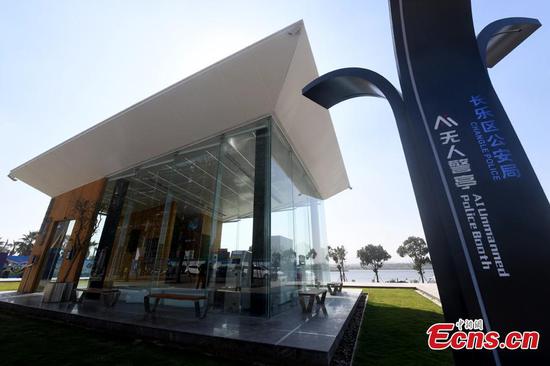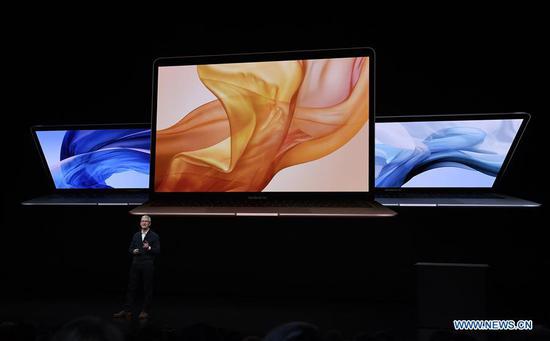U.S. President Donald Trump slapped new sanctions targeting Venezuela's gold exports on Thursday, as his National Security Adviser John Bolton unveiled a hard-line policy toward Venezuela, Cuba and Nicaragua.
Trump informed U.S. lawmakers that he has signed an executive order to bar U.S. citizens and entities from involvement in the gold export trade from Venezuela, according to a letter released by the White House on Thursday.
In a speech delivered in Miami, the U.S. state of Florida, Bolton elaborated the new U.S. sanctions as he lashed out at Venezuela, Cuba and Nicaragua.
Labeling the three nations as "the troika of tyranny in this hemisphere," Bolton accused Cuba of helping Venezuela, saying the State Department will sanction over two dozen entities owned or controlled by the Cuban military and intelligence services, with which U.S. persons are banned from doing business with.
The goal is to prevent money from being gotten by the Cuban military, security and intelligence services, Bolton said at Freedom Tower, a local landmark to the Cuban community as it received many Cuban refugees in 1960s.
He also said that the U.S. administration would review whether to allow U.S. citizens whose property was seized by the Cuban government to sue foreign companies that have invested in the properties in Cuba.
Bolton's speech is believed to further press the two nations that the Trump administration have seen as adversaries, and to consolidate votes for the upcoming high-stakes midterm elections in the state home to many migrants from the two nations.
Bolton also threatened Nicaragua's President Daniel Ortega, saying unless the country hold "free, fair and early" elections, "the Nicaraguan regime, like Venezuela and Cuba, will feel the full weight of America's robust sanctions regime."
Trump said in August of last year that he would not rule out a "military option" in Venezuela "if necessary," despite his aides' opposition. The U.S. side has announced several rounds of sanctions against Venezuelan government officials ever since.
Several U.S. media outlets reported last month that that the Trump administration has talked secretly with rebellious Venezuelan military officers several times to discuss their plans to stage a coup in the South American country.
For its part, Venezuela has slammed the "warmongering" declarations of Trump as "threats to peace" and a "violation" of UN and international laws, instructing the military to prepare to "shoulder arms" in case of a U.S. invasion.
Over 20 U.S. diplomats in Cuba suffered from what Washington called "acoustic attacks" between November 2016 and August 2017. The incidents led to the partial closure of the U.S. embassy in Havana, expulsion of 15 Cuban diplomats who worked at the embassy in Washington, and a halt to issuance of U.S. visas in Havana.
Cuba rejected the accusation, initiated an investigation, and urged the United States to present evidence of the alleged attacks.
Though denying the U.S. accusation, Cuba reiterated its commitment to cooperating with the U.S. authorities to clarify this situation and its willingness to guarantee the health and safety of Cubans and foreign citizens in the island nation.









